Elizabeth Kolbert recommends 6 books about people and the planet
The Pulitzer-winning author recommends works by Ainissa Ramirez, John McPhee, and more

A free daily email with the biggest news stories of the day – and the best features from TheWeek.com
You are now subscribed
Your newsletter sign-up was successful
Elizabeth Kolbert's new book, Under a White Sky, explores climate engineering and other bids to address humanity's impact on nature. Below, the Pulitzer-winning author of The Sixth Extinction recommends six other books about people and the planet.
Encounters With the Archdruid by John McPhee (1971).
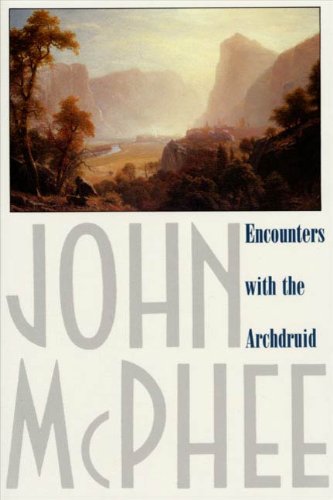
McPhee's prismatic portrait of David Brower, the California mountaineer considered by many to be the "father" of the modern environmental movement, is a classic. It captures Brower's often infuriating complexity, and in the process poses one of the central questions of our time: Can an affluent, technological society coexist with nature, or are the two incompatible?
The Week
Escape your echo chamber. Get the facts behind the news, plus analysis from multiple perspectives.

Sign up for The Week's Free Newsletters
From our morning news briefing to a weekly Good News Newsletter, get the best of The Week delivered directly to your inbox.
From our morning news briefing to a weekly Good News Newsletter, get the best of The Week delivered directly to your inbox.
Spillover: Animal Infections and the Next Human Pandemic by David Quammen (2012).
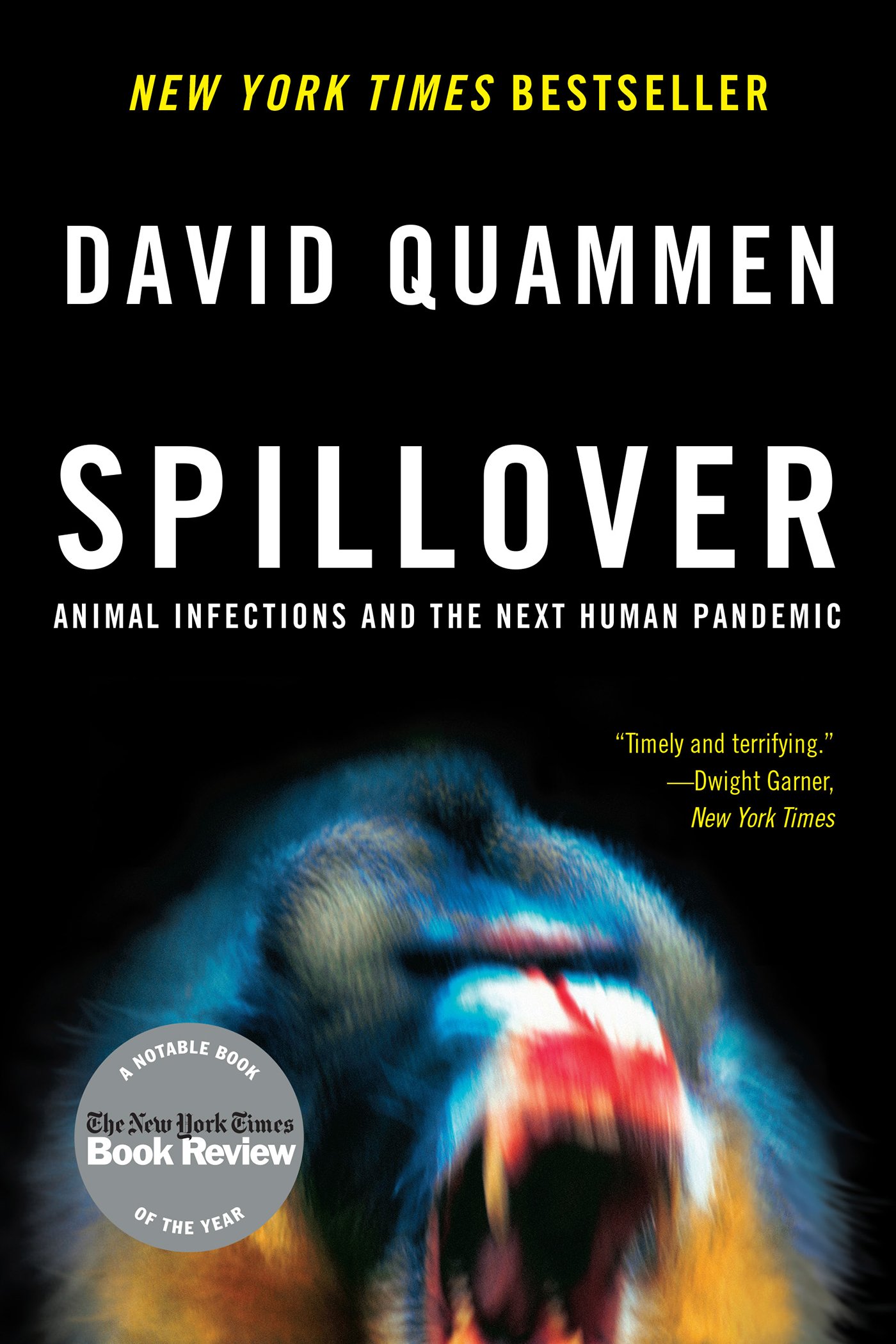
When I think of books that have changed the way I look at the world, Quammen's The Song of the Dodo, published in 1996, is near the top of the list. Spillover is also a tour de force: It basically predicted COVID-19. For understanding how our treatment of animals, both domesticated and wild, made the current pandemic — or one like it — inevitable, there's no better guide.
Confessions of a Recovering Environmentalist and Other Essays by Paul Kingsnorth (2017).
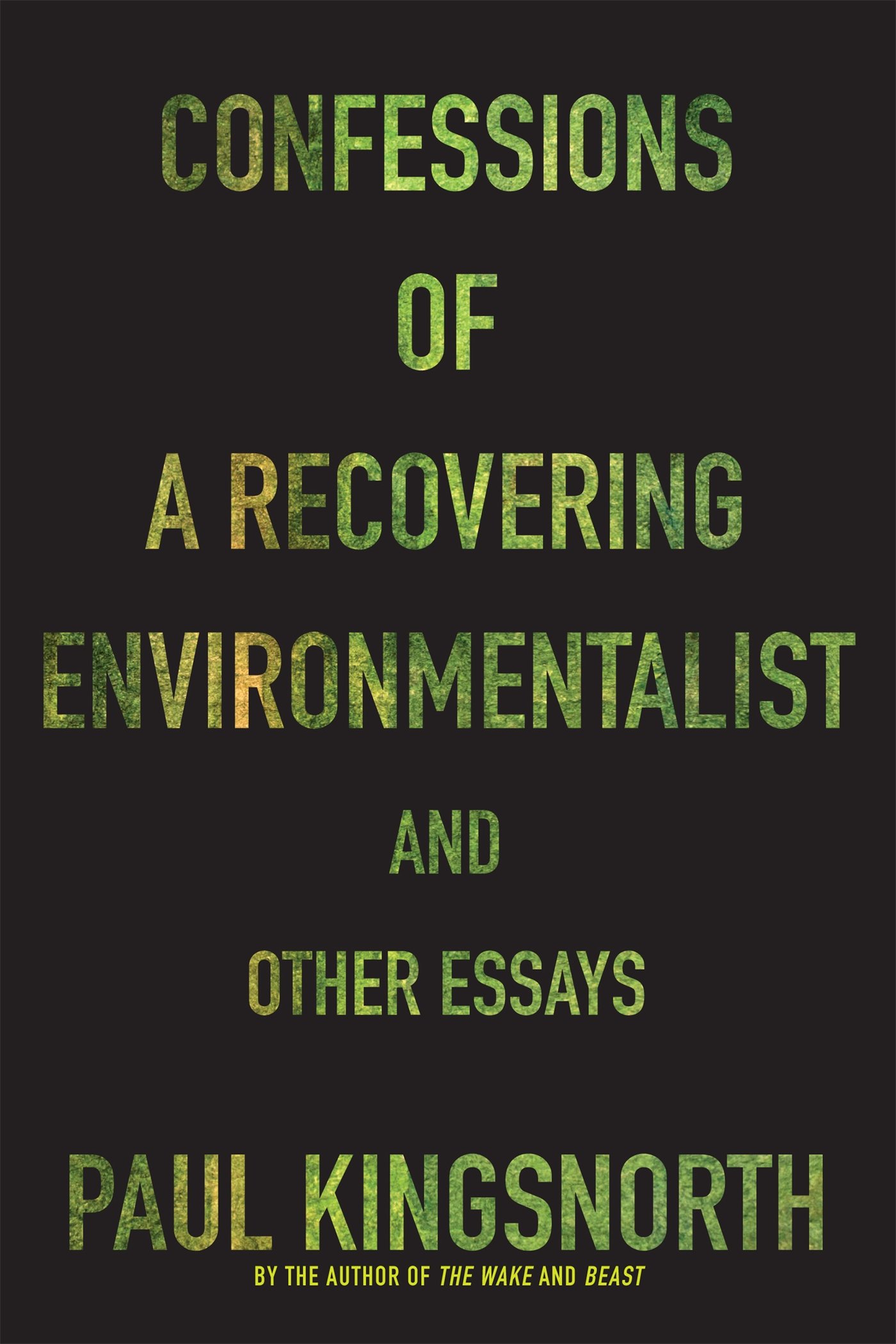
Kingsnorth, a British writer and the co-founder of a collective of eco-focused artists called the Dark Mountain Project, has a message and a style that are equally unsparing. In these often savage essays, he explains why he doubts the optimistic presumption that, in his words, "we will be saved, by our cleverness, from the consequences of our cleverness."
A free daily email with the biggest news stories of the day – and the best features from TheWeek.com
The Alchemy of Us: How Humans and Matter Transformed One Another by Ainissa Ramirez (2020).
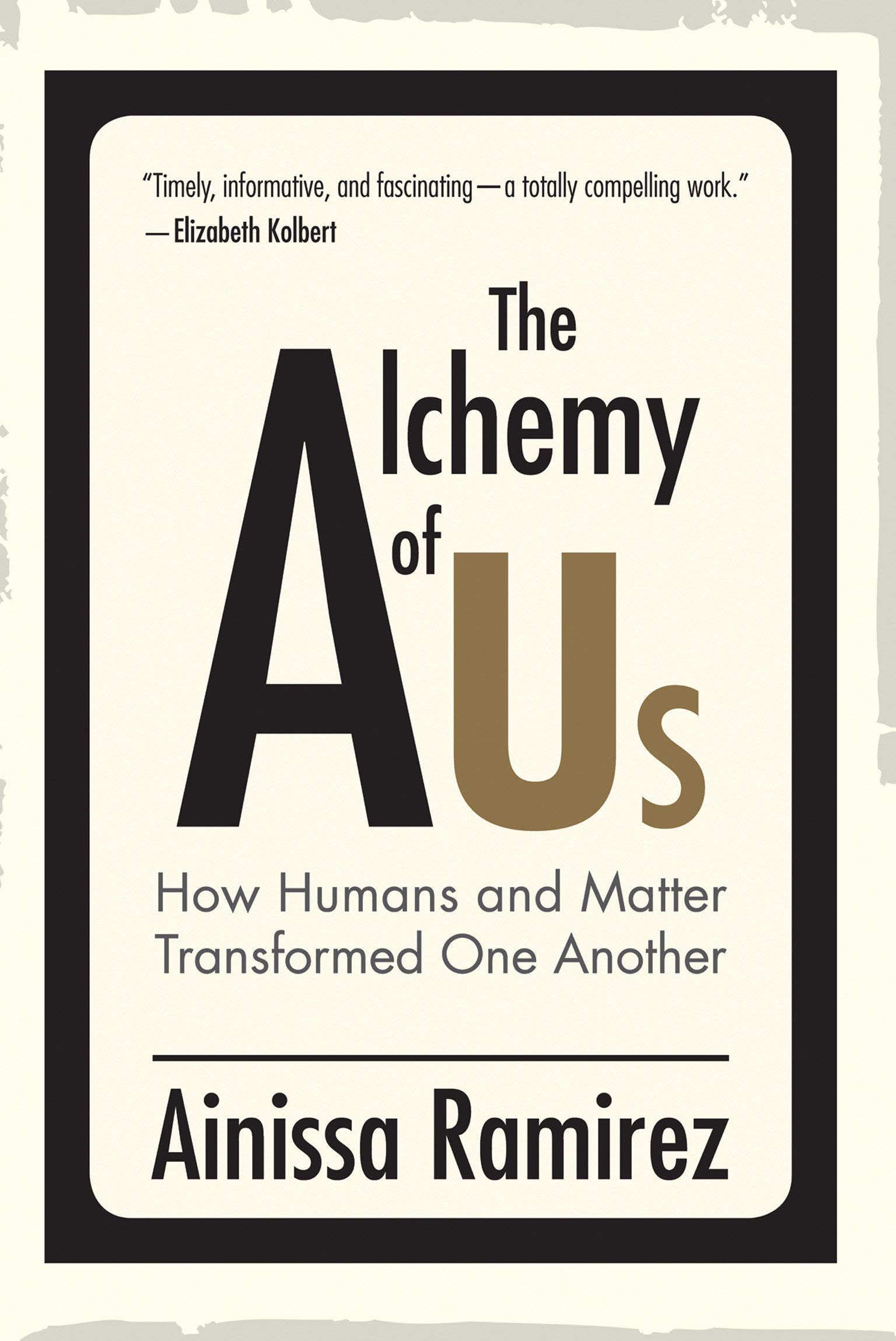
Ramirez, a materials scientist, argues that with our technologies we have transformed not just the world around us but also ourselves. It's a fascinating idea, and Ramirez makes it come alive through the stories of inventors, some well-known, others underappreciated.
A Friend of the Earth by T.C. Boyle (2000).
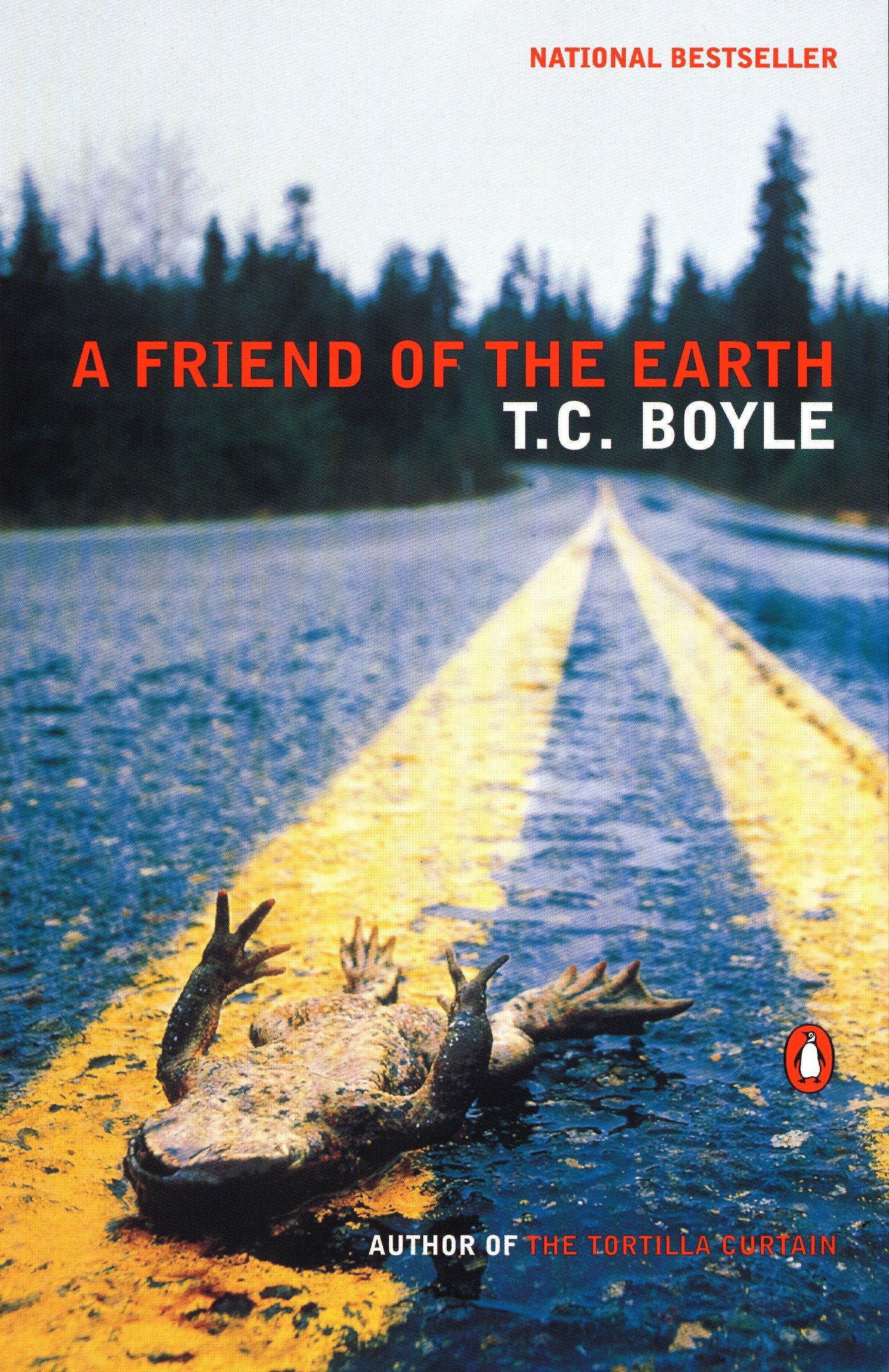
Fiction about ecological disaster tends to be written in a tragic key. Boyle, by contrast, favors the darkly comic. In this novel, set in 2025, an aging radical environmentalist ex-con is caring for a pop star's Noah's Ark–like menagerie when a real flood arrives.
A Children's Bible by Lydia Millet (2020).
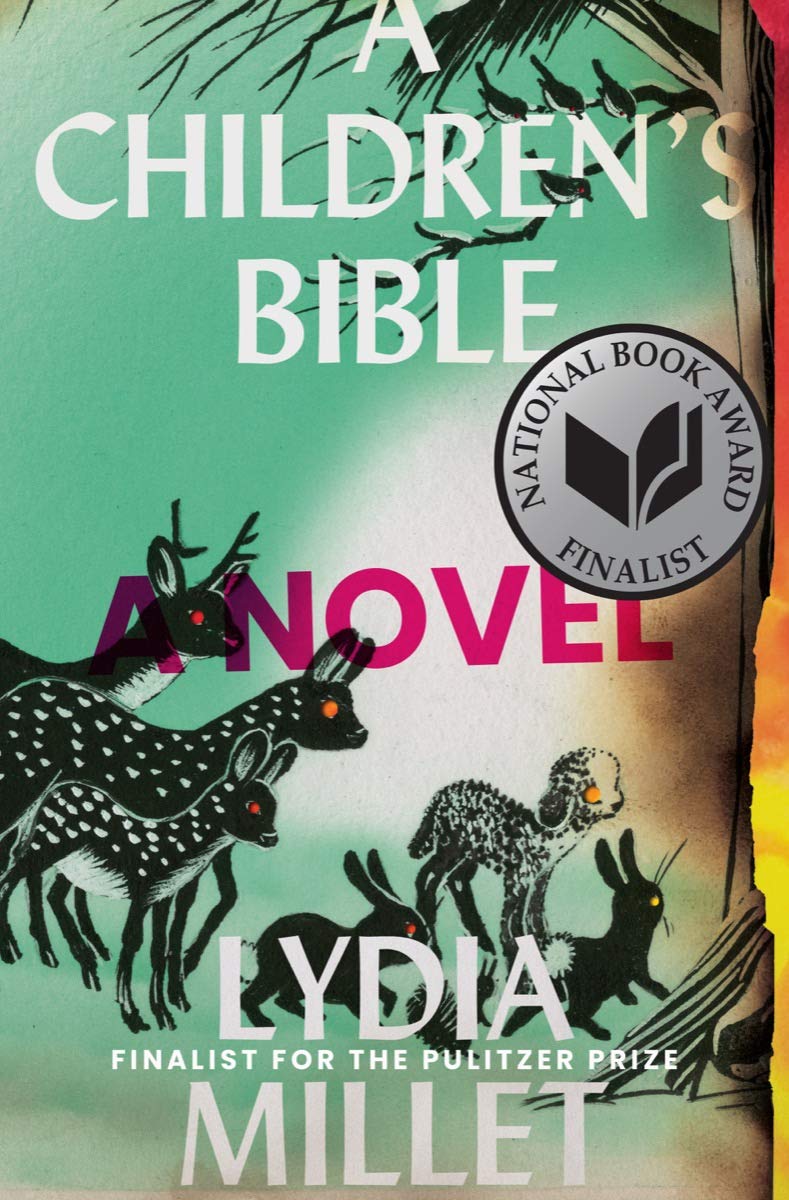
Millet's take on eco-catastrophe is slyly off-kilter in this novel about kids left to fend for themselves as society unravels.
This article was first published in the latest issue of The Week magazine. If you want to read more like it, you can try six risk-free issues of the magazine here.
-
 Corruption: The spy sheikh and the president
Corruption: The spy sheikh and the presidentFeature Trump is at the center of another scandal
-
 Putin’s shadow war
Putin’s shadow warFeature The Kremlin is waging a campaign of sabotage and subversion against Ukraine’s allies in the West
-
 Media: Why did Bezos gut ‘The Washington Post’?
Media: Why did Bezos gut ‘The Washington Post’?Feature Possibilities include to curry favor with Trump or to try to end financial losses
-
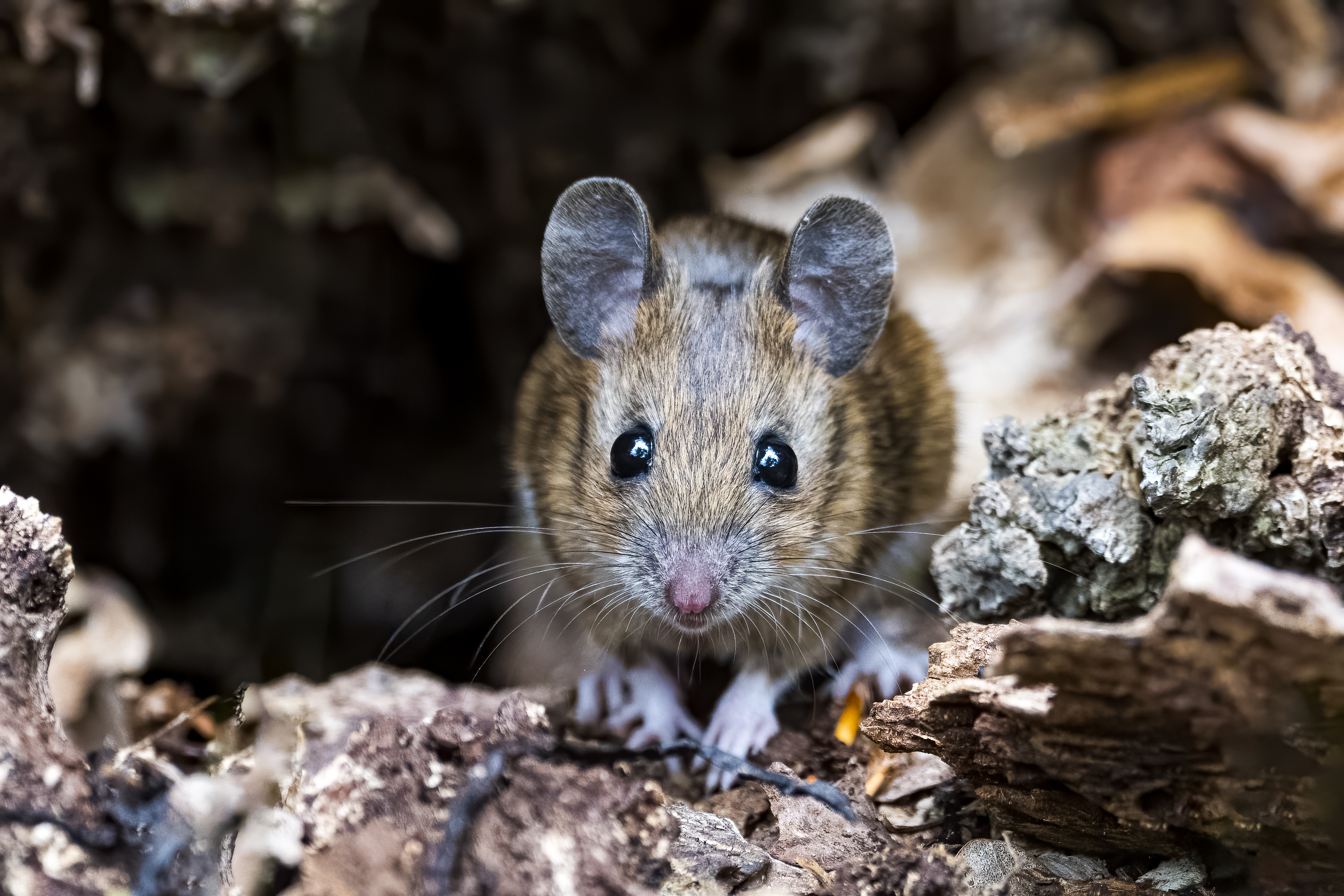 The week's good news: Jan. 11, 2024
The week's good news: Jan. 11, 2024Feature It wasn't all bad!
-
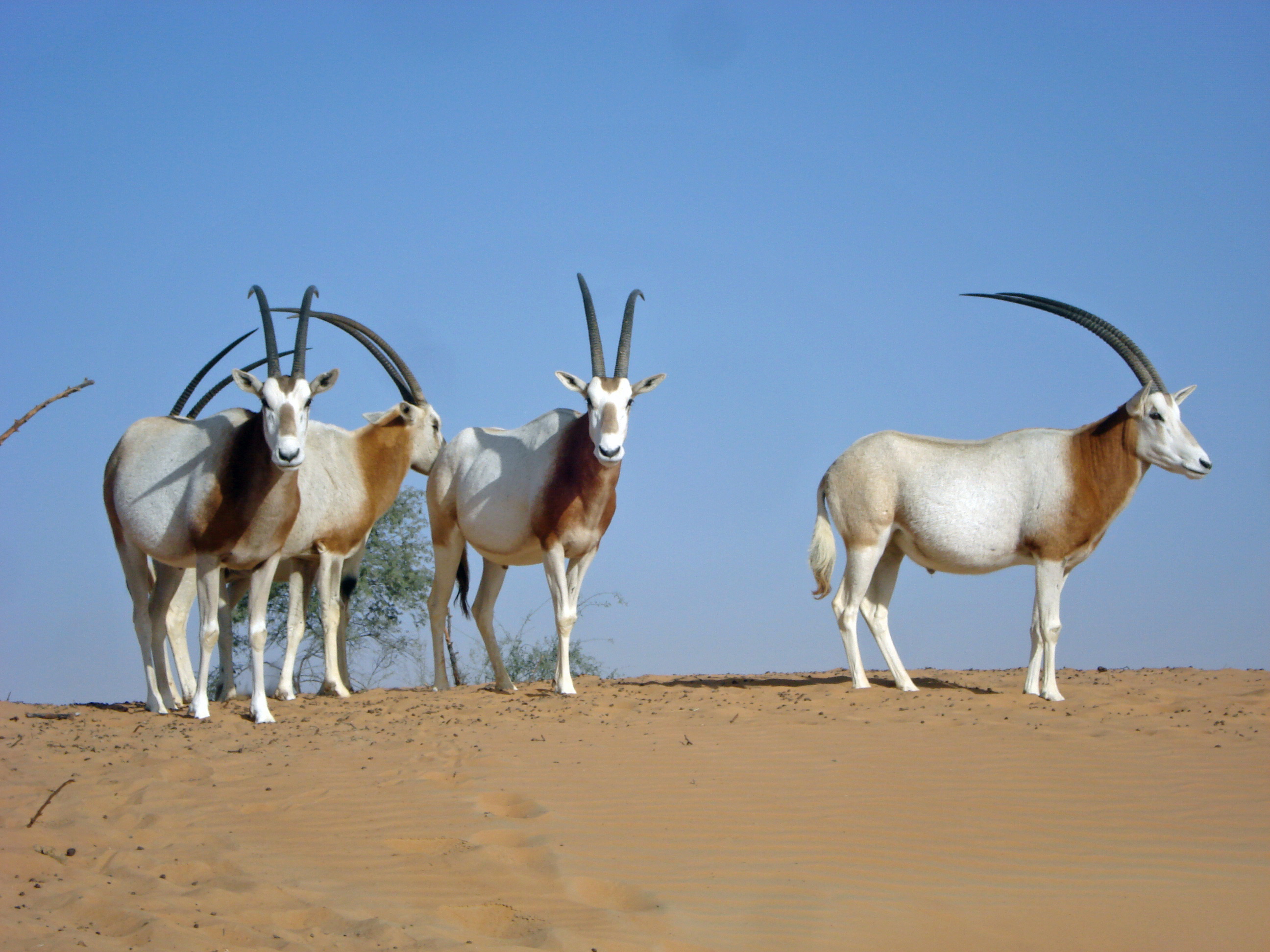 The week's good news: Dec. 21, 2023
The week's good news: Dec. 21, 2023Feature It wasn't all bad!
-
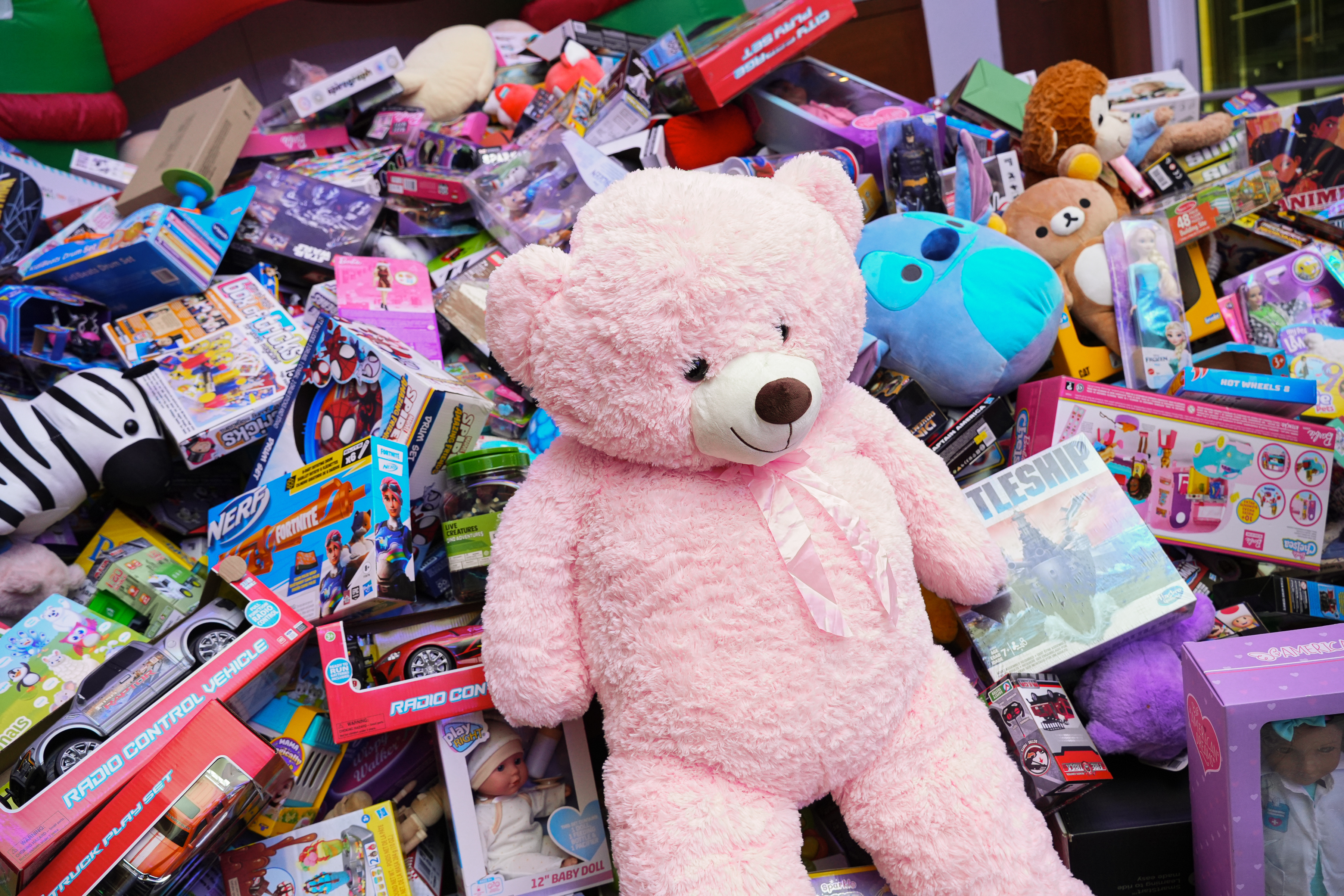 The week's good news: Dec. 14, 2023
The week's good news: Dec. 14, 2023Feature It wasn't all bad!
-
 The week's good news: Nov. 2, 2023
The week's good news: Nov. 2, 2023It wasn't all bad!
-
 The week's good news: Oct. 19, 2023
The week's good news: Oct. 19, 2023Good News It wasn't all bad!
-
 Late night hosts mostly cheer the CDC's new mask rules, jeer Tucker Carlson's anti-mask 'hissy fit'
Late night hosts mostly cheer the CDC's new mask rules, jeer Tucker Carlson's anti-mask 'hissy fit'Speed Read
-
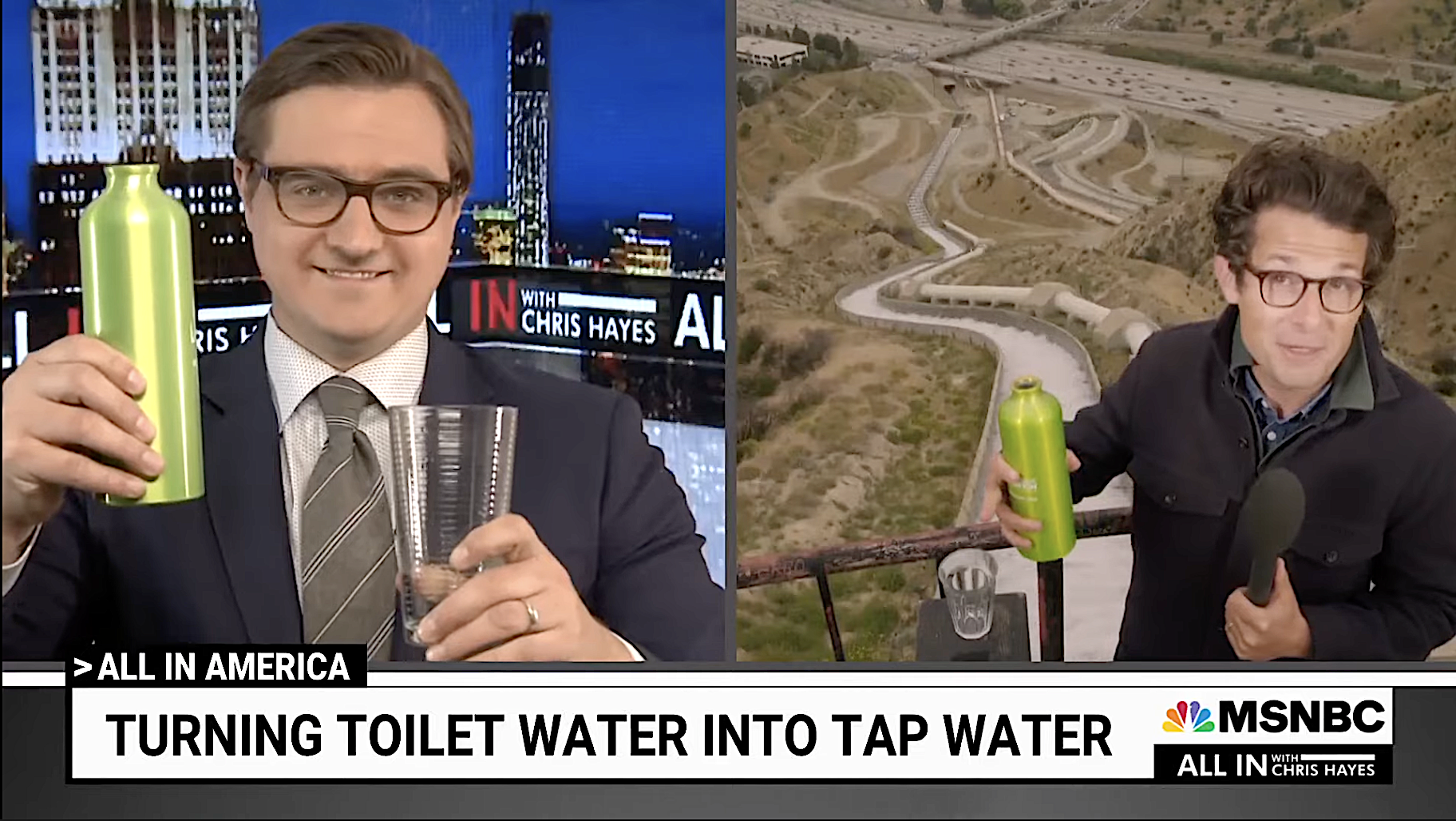 MSNBC's Chris Hayes drinks recycled Los Angeles sewage water for Earth Day, humanity's future
MSNBC's Chris Hayes drinks recycled Los Angeles sewage water for Earth Day, humanity's futureSpeed Read
-
 Pfizer requests expansion of vaccine to adolescents, looks to start vaccinations before next school year
Pfizer requests expansion of vaccine to adolescents, looks to start vaccinations before next school yearSpeed Read